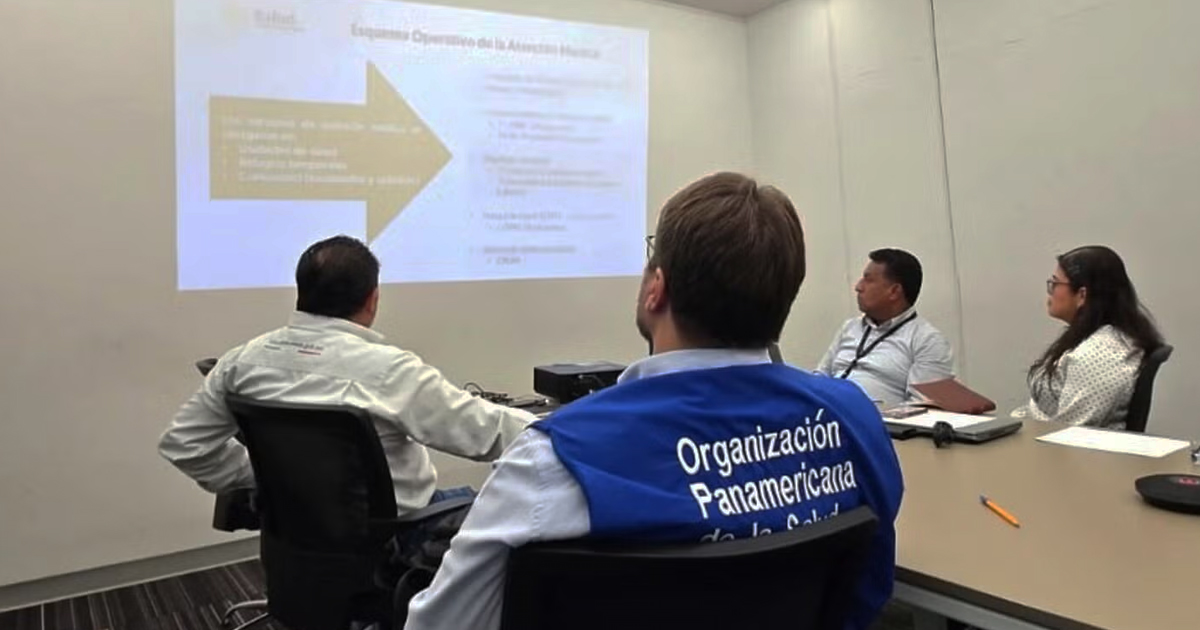El Gobierno de Uruguay ha desarrollado poco a poco su propio ecosistema digital en salud durante los últimos años a través de la estrategia Salud.uy.
A finales del 2012, el gobierno de Uruguay presentó la estrategia Salud.uy, para promover el fortalecimiento y uso de tecnologías de la información en el sector salud. Se trata de una iniciativa conjunta entre la Presidencia de la República, el Ministerio de Salud Pública (MSP), el Ministerio de Economía y Finanzas (MEF) y la Agencia de Gobierno Electrónico y Sociedad de la Información y del Conocimiento (Agesic).
A raíz del programa de Salud.uy el gobierno ha definido estándares y lineamientos de informática médica y regulaciones sobre digital health. Esto ha permitido la creación de la Electronic Medical Record Nacional (HCEN), que forma parte del Sistema Nacional Integrado de Salud (SNIS).
Tras casi diez años de su implementación Salud.uy, cuenta con un equipo de especialistas de informática médica y grupos de trabajo multidisciplinarios, que se encargan de la generación de estos reglamentos y lineamientos.
El HCEN es sin duda el proyecto insignia de Salud.uy, lo que ha sido la entrada para la implementación de nuevos proyectos y estándares en el sector salud. Por ejemplo, a través del sitio MiHCD, la población puede acceder a toda su información clínica, sin importar si incluye datos de diversos establecimientos.
Pablo Orefice, ex director de la iniciativa Salud.uy, y Luis Tejerina, ecualiza líder en la División de Protección Social y Salud del Banco Interamericano de Desarrollo (BID), detallaron la importancia que tuvo el HCEN en la lucha contra el COVID-19, ya que la infraestructura y el ecosistema digital se encontraban listos para compartir información entre establecimientos de salud y profesionales médicos.

“Fue posible compartir información, por ejemplo, de tests de laboratorio o camas disponibles a través de la misma infraestructura utilizada para la HCEN”, explican los especialistas.
Asimismo, Tejerina y Orefice publicaron un estudio de caso de la HCEN a través de Social Digital, iniciativa del BID, para la transformación de los servicios sociales. Disponible en el siguiente enlace: https://socialdigital.iadb.org/es/sph/resources/investigaciones-y-publicaciones/19112
En este sentido, compartieron diez consejos sobre transformación digital en salud, tomando como referencia el proyecto de Salud.uy:
- Ubicar siempre al paciente en el centro del diseño, dando énfasis a la equidad.
- Construir una visión de lo que se quiere lograr con todos y para todos los actores del sistema (sector público y privado, academia, profesionales, ciudadanos, etc.).
- Tener un equipo de profesionales especializados en digital health con objetivos claros.
- Desarrollar una estrategia que convierta la visión nacional en un plan de implementación como política de estado, alineada al sistema de salud del país.
- Aprobar la normativa necesaria para que las herramientas tecnológicas puedan ser utilizadas y el modelo aplicable.
- Acompañar al ecosistema con conocimiento, talleres, artefactos como bienes públicos, construcción colectiva de documentación para llevar adelante sus propios procesos de transformación digital en las organizacionales.
- Pensar y crear un esquema de incentivos que empuje a los proveedores a realizar las inversiones necesarias (incentivos económicos, obligaciones legales, penalidades, etc.).
- Generar victorias tempranas, como parte de la estrategia de los procesos largos de transformación y desplegar una arquitectura nacional que de soporte a futuros procesos.
- Invertir en monitoreo continuo del progreso, por ejemplo, a través de encuestas recurrentes.
- Recordar el factor humano, tanto las personas que estén involucradas en la transformación digital del sector, como los ciudadanos en general deben ser acompañadas a través de planes de gestión del cambio.







